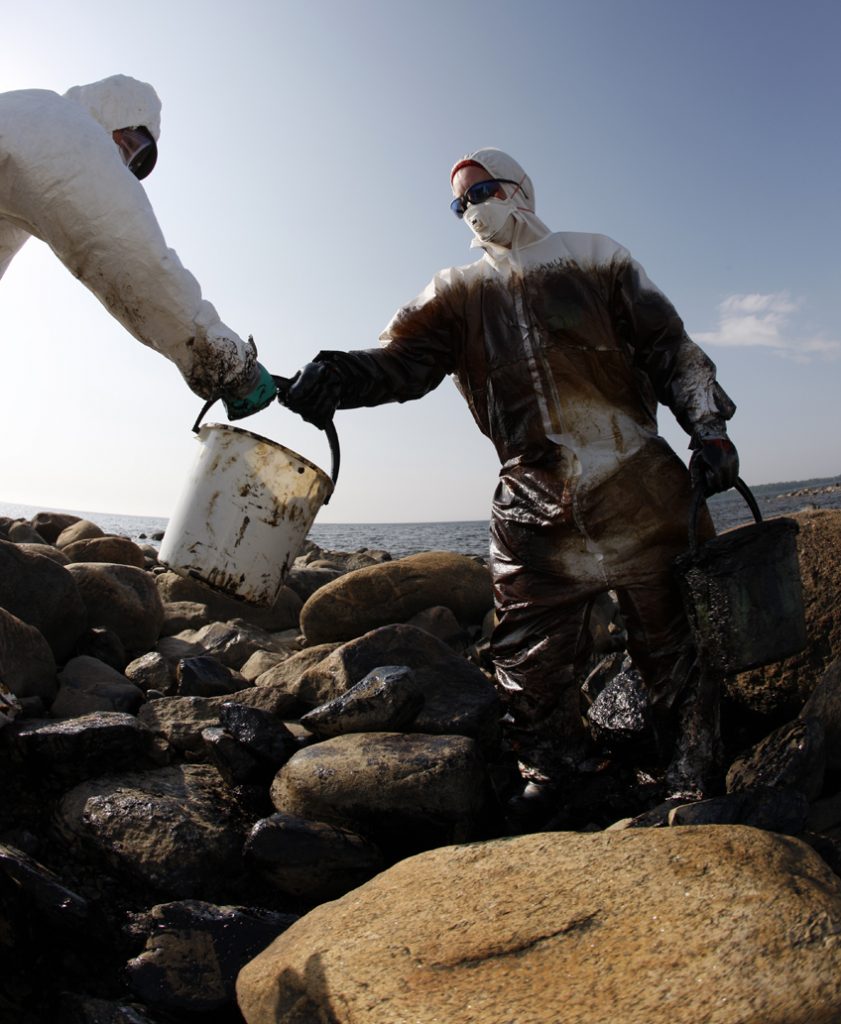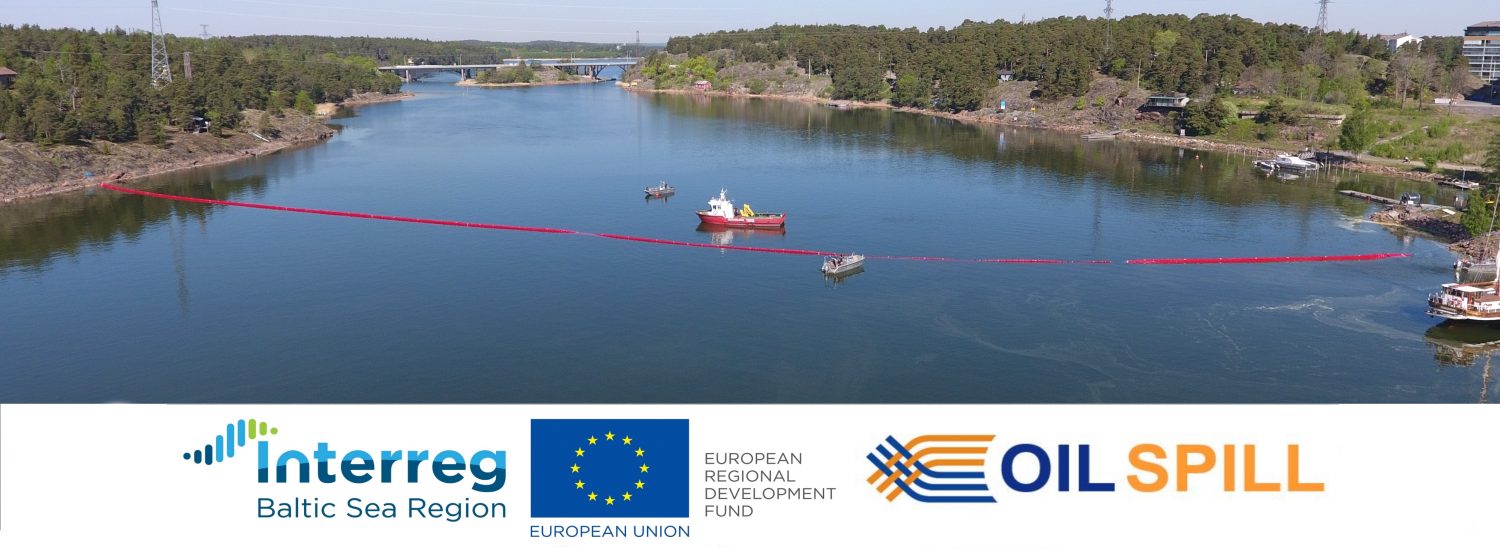WWF Finland Trains Voluntary Forces to Fight Oil Spills – Best Practices Are Shared in OIL SPILL Project
WWF Finland (WWF FI) is one of the Associated Organizations of the OIL SPILL project. It is part of the Finnish Voluntary Rescue Service network, which is again coordinated by the Finnish Red Cross, one of the OIL SPILL Project Partners.

The restoration of the environment after an oil spill may take several months. The work requires well-organized yet flexible teams that are easy to mobilize – and here, the voluntary WWF oil spill response team enters the scene. The oil spill response troops of the WWF Finland (WWF FI) were founded in 2003. Our mission is to train voluntary forces to work as an independent unit under the official authorities.
Luckily, large oil disasters are rather rare incidents. It can take several years before the volunteers are truly needed. However, when the spill happens, the response has to be rapid and competent. In oil spill response work, readiness is always an asset. Therefore, troops cannot be just numbers in a register. The volunteers must be trained and motivated regularly.
In WWF FI, we offer oil spill response training for over 350 volunteers every year. Our training package consists of a selection of multiple courses in shoreline cleanup and oiled wildlife response. WWF FI collaborates with the authorities and other NGOs to improve and develop preparedness of voluntary response in Finland and the Baltic Sea Region.
I think that in the Baltic Sea Region, one challenge is to find NGOs that have the resources and willingness to take an active role in building up national voluntary oil spill response troops. In Finland, WWF has been in a great position because the Finnish Oil Pollution Compensation Fund has funded our projects for several years. Constant funding is necessary to make long-term plans as well as contracts with the authorities.
In OIL SPILL, we share our knowledge and best practices and hopefully encourage other NGOs to participate in oil spill response. Already previously, we have had good cooperation with the Estonian Fund for Nature, for instance. And due to the OIL SPILL, there are now more opportunities to share our know-how. WWF Latvia has started to collect volunteers in a register, and it is planning to organize a wildlife response training, which is excellent! WWF FI will be assisting in this work – and this is exactly the kind of cooperation we are looking for.
Instead of building only the national preparedness and troops, organizing an international team of experts that coordinates and trains volunteers in the whole Baltic Sea Region would be advantageous. WWF FI is part of EUROWA (European Oiled Wildlife Assistance) network that was created to provide international expert resources for dealing with the affected animals in marine wildlife emergencies. The same kind of model could be used in shoreline cleanup work as well. Countries could have their own voluntary work coordinators, but also assistance from the network would be available. The network would produce training materials and guarantee that participants are trained with the same methods and standards. It could also have shared and movable equipment storage (containers) that could be used when and where needed.
Indeed, there are plenty of opportunities to improve preparedness in the voluntary sector in oil spill response. In WWF FI, we are already waiting for 2021 and all the OIL SPILL exercises that we are going to be part of!

Teemu Niinimäki, Conservation Officer at WWF Finland, teemu.niinimaki@wwf.fi
(photo: Aki-Pekka Sinikoski / WWF)

Leave a Reply